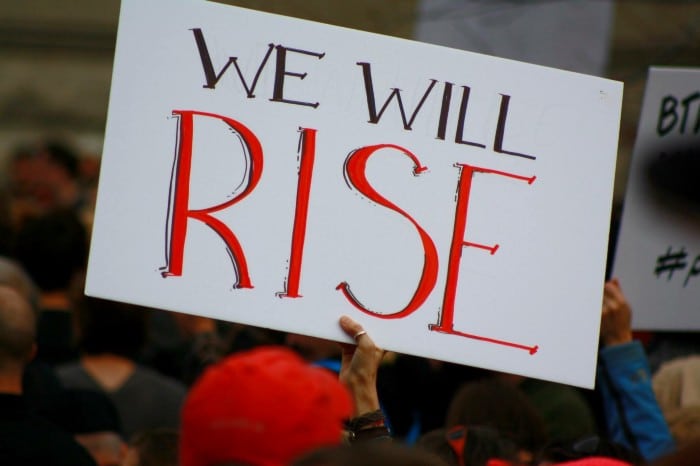
Senior Fellow Lisbeth B. Schorr discusses how we can re-imagine social institutions and broaden our understanding of what works and what we will need to rebuild in order to improve lives of all children, youth, and families.
“If you’re an optimist, as I am, you see the potential of fundamental changes occurring in response to our having faced the profound meaning of the race-based disparities in the toll of the coronavirus, and the stacked inequities symbolized by the death of George Floyd. The possibility that big ideas could suddenly take hold might have seemed fanciful even months ago. But a global recession, skyrocketing unemployment, a pandemic that could be with us for years, and an unprecedented degree of racial awareness represent the kind of shock to the system that could indeed be the start of massive rebuilding.
The prospect of the laws, regulations, and practices of police departments throughout the country being changed profoundly in the near future seems plausible. The responses to the economic shocks wrought by the coronavirus pandemic are still in turmoil and their effects unclear. In this essay I will address what we have learned from the past that should inform our efforts in two other domains: What it will take to build a reliable anti-poverty safety net, and to re-imagine our social institutions so they will assure decent life prospects for all, including for those whose life prospects are now grim.”


